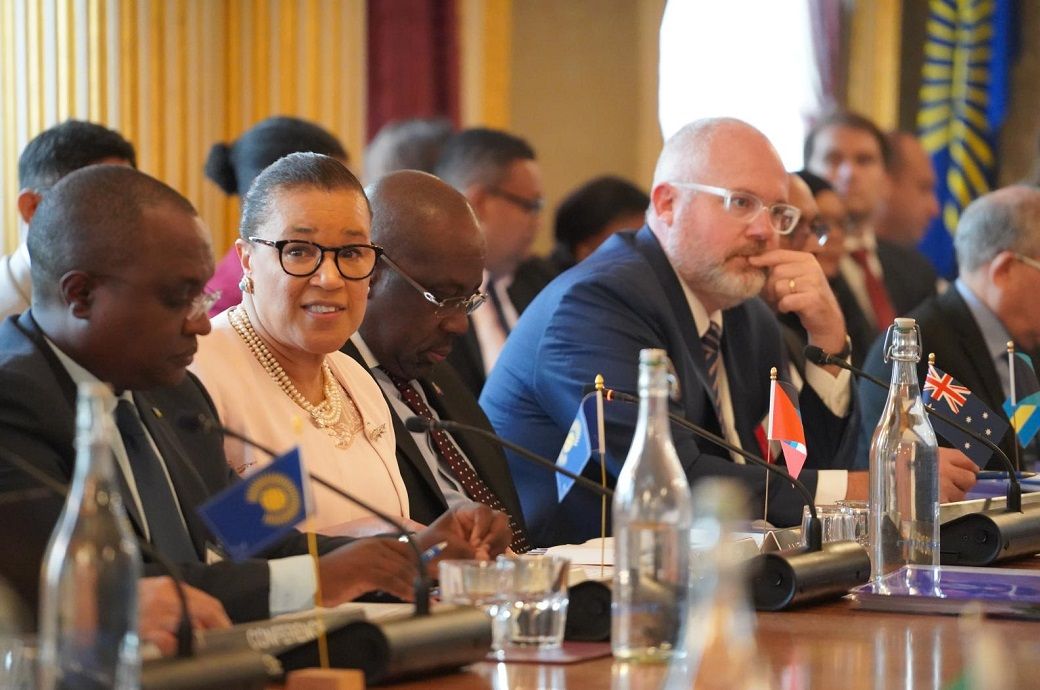Concerns regarding WTO-inconsistent protectionist measures and unfair trading practices were reiterated, with emphasis on the crucial role of the multilateral trading system in addressing global challenges such as the achievement of the United Nations’ 2030 Agenda and sustainable development goals (SDGs), the UK’s department for business and trade said in a press release.
At the 2023 Commonwealth Trade Ministers meeting in London, ministers reaffirmed their commitment to an inclusive, fair multilateral trading system.
They urged reform in agricultural trading rules and increased engagement in e-commerce.
Aiming to grow intra-Commonwealth trade to $2 trillion by 2030, they endorsed continued support for developing countries.
Ministers advocated for ongoing reform of multilateral trading rules, particularly for agriculture. Engagement in the e-commerce work programme, specifically its developmental aspect, was also encouraged.
A key area of discussion was the ‘Trade, Climate Change and Natural Disasters’ report, which has been mandated for further consideration at the next Caucus Meeting in Geneva.
Ministers also expressed their shared commitment to intensify collaboration to aid all members, particularly developing countries, in their active and equitable participation in the multilateral trading system. Support provided through the Commonwealth Small States Office (CSSO) in Geneva was acknowledged, along with the importance of sustaining this assistance.
The progress in intra-Commonwealth trade and investment was noted, and the aim was set to grow intra-Commonwealth trade to $2 trillion by 2030. Plans to facilitate technology and knowledge transfer, as well as boost the capacity of Commonwealth members to engage in policy formulation, were also discussed.
Ministers lauded the secretariat’s work on international trade policy and the support it provides to member countries in developing and implementing their trade policies. They called for further trade policy support and capacity building and urged members to provide technology transfer and financial support to developing countries.
The Commonwealth’s role in addressing the climate crisis, including promoting sustainable production, trade and supply chains, and enhancing access to affordable technologies and climate finance, was deliberated. The importance of exchanging knowledge on good practices and local solutions to mitigate and adapt to climate change and transition to a lower-carbon future was underscored.
Lastly, ministers reflected on how the Commonwealth could support an inclusive digital transformation, facilitate digital trade for growth and development, and bridge the digital divide and digital skills gaps, especially for micro, small, and medium enterprises and marginalised groups.
Fibre2Fashion News Desk (NB)







